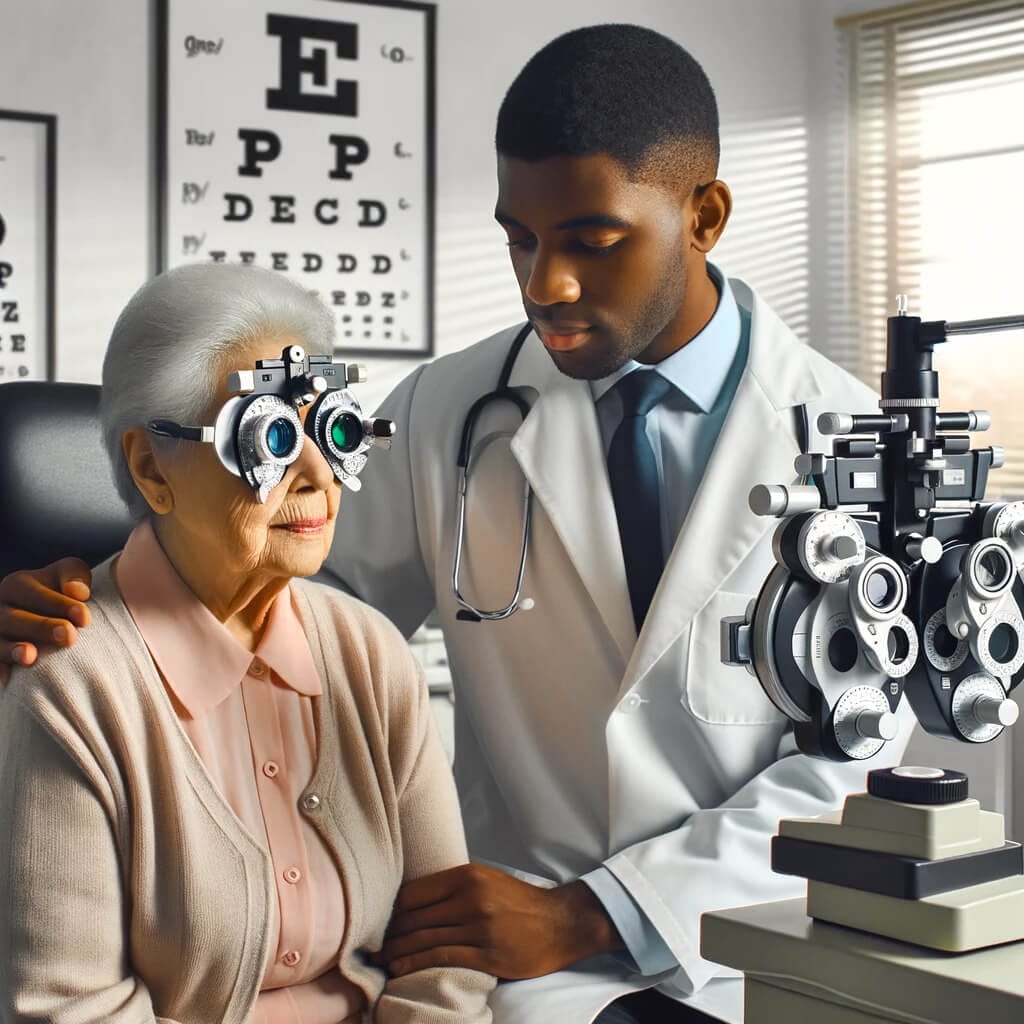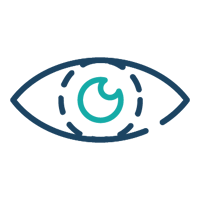When to See an Eye Doctor for Ghosting Vision
Experiencing ghosting vision, even intermittently, warrants a visit to an eye care professional. It's a signal from your body that something isn't quite right with your visual system. Here are several scenarios when you should definitely make that appointment:
Persistent or Worsening Symptoms
If ghosting vision becomes persistent or worsens over time, it's crucial to see an eye doctor. Changes in the frequency or severity of symptoms can indicate progression in an underlying condition that needs immediate attention.
Accompanied by Other Visual or Physical Symptoms
Ghosting vision accompanied by other symptoms—such as eye pain, severe headaches, light sensitivity, or sudden changes in vision—could signal more serious eye conditions or health issues. Immediate consultation with an eye care provider is recommended to rule out conditions like glaucoma, macular degeneration, or even neurological disorders.
Impact on Daily Activities
When ghosting vision starts to interfere with your daily activities—reading, driving, computer work, or any task that requires clear vision—it's time to see an eye doctor. These disruptions can significantly impact your quality of life and may lead to eye strain or further visual deterioration if not addressed.
After an Eye Injury
If ghosting vision follows an eye injury, seeking immediate eye care is essential. Trauma to the eye can lead to complications that manifest as ghosting vision, among other symptoms. Prompt examination ensures any damage is treated quickly to prevent long-term effects.
If You Haven't Had an Eye Exam Recently
Regular eye exams are vital for maintaining eye health, even for individuals who haven't experienced ghosting vision. These exams can detect early signs of conditions that might cause ghosting vision, allowing for preventative measures or early treatment.
Remember, ghosting vision is not a condition to ignore, hoping it will go away on its own. Consulting with an eye care professional from Amplify EyeCare will provide you with the necessary diagnosis and treatment plan tailored to your specific needs, ensuring your vision is as clear and comfortable as possible.












